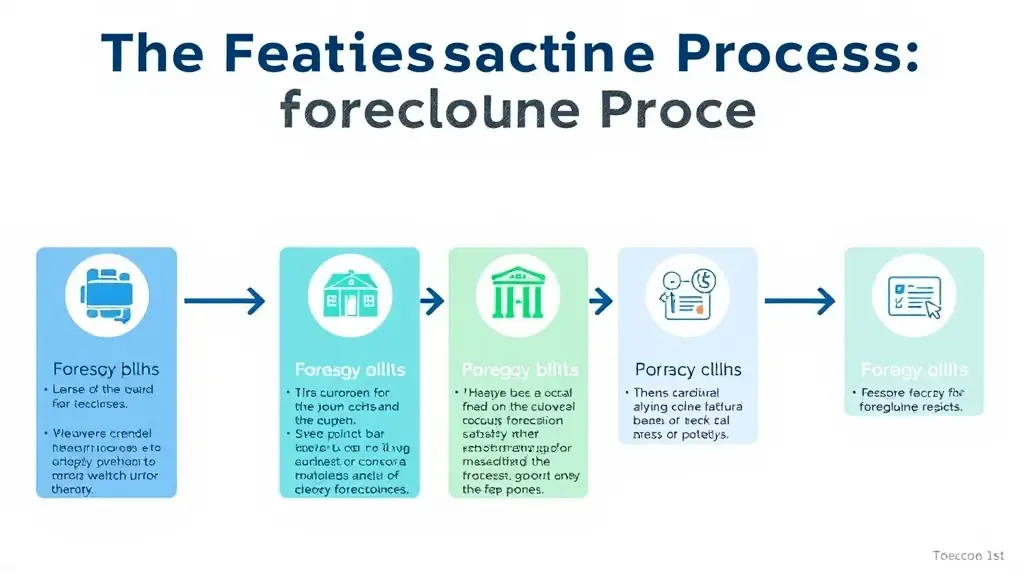Foreclosure is a legal process that allows lenders to recover the balance of a loan from a borrower who has stopped making payments. It typically begins after a homeowner has missed several mortgage payments, leading the lender to initiate proceedings to reclaim the property. Understanding the stages of foreclosure can help homeowners prepare and respond effectively. By knowing what to expect, individuals can take proactive steps to protect their interests and explore available options.
The foreclosure process generally involves several key stages, including pre-foreclosure, auction, and post-foreclosure. During the pre-foreclosure stage, homeowners receive a notice of default, which serves as a warning that they are at risk of losing their home. This is a critical time for homeowners to seek assistance and explore alternatives, such as loan modifications or repayment plans. Engaging with foreclosure counseling services can provide valuable insights and strategies to navigate this challenging period.
Once the property goes to auction, it is sold to the highest bidder, which may include the lender. If the home is not sold at auction, it becomes a bank-owned property, or REO (Real Estate Owned). At this stage, homeowners may still have options, such as negotiating a short sale or seeking assistance from foreclosure experts. Understanding these stages and the potential outcomes can empower homeowners to make informed decisions and take control of their situation.





